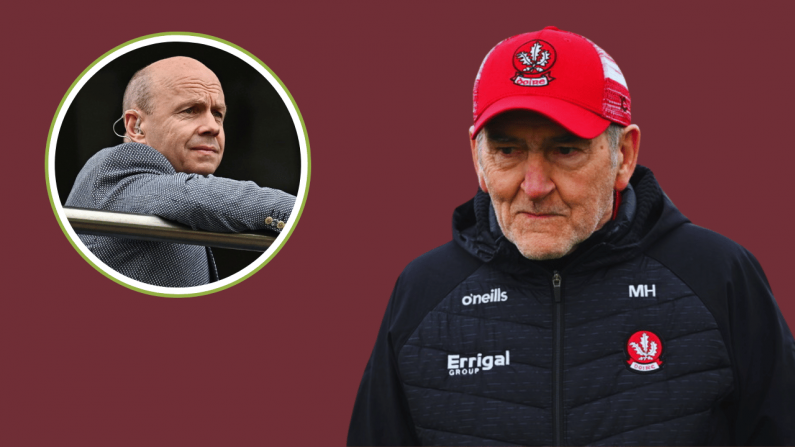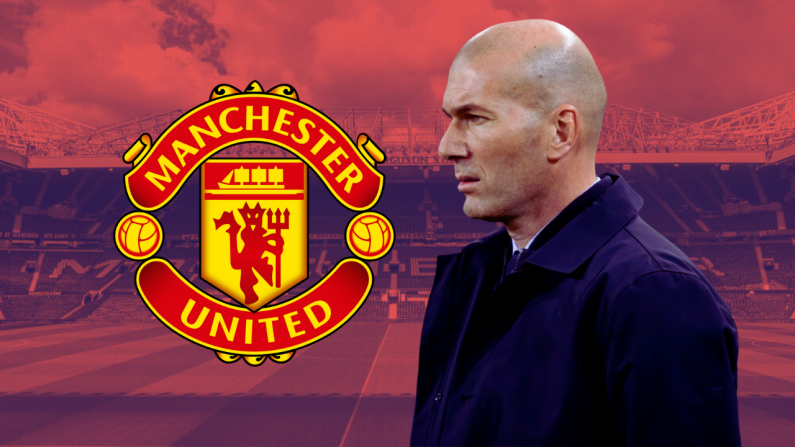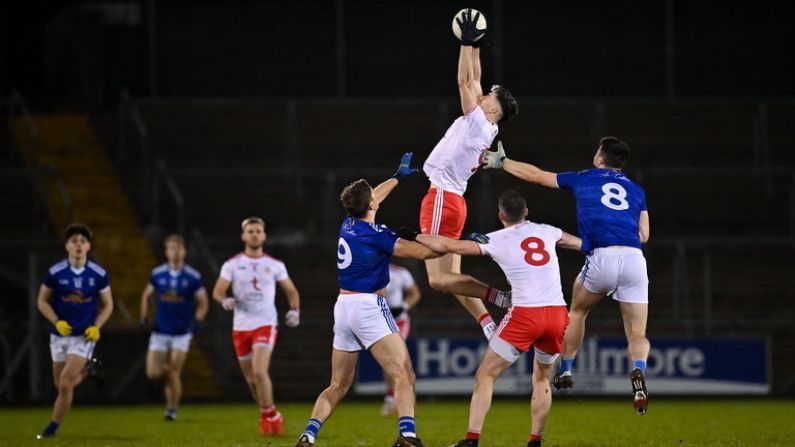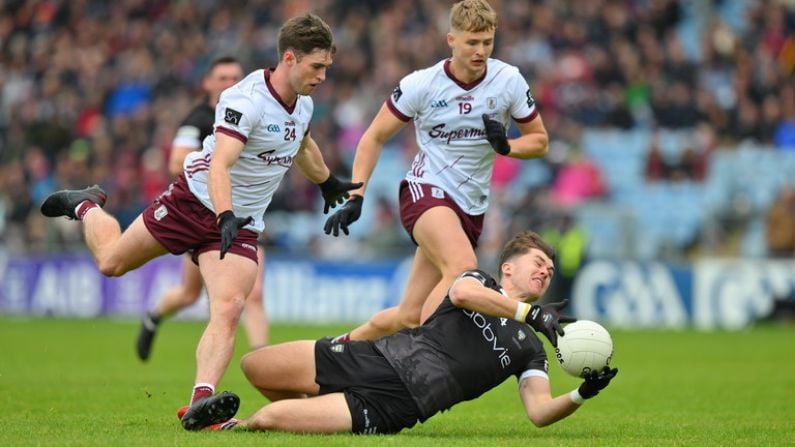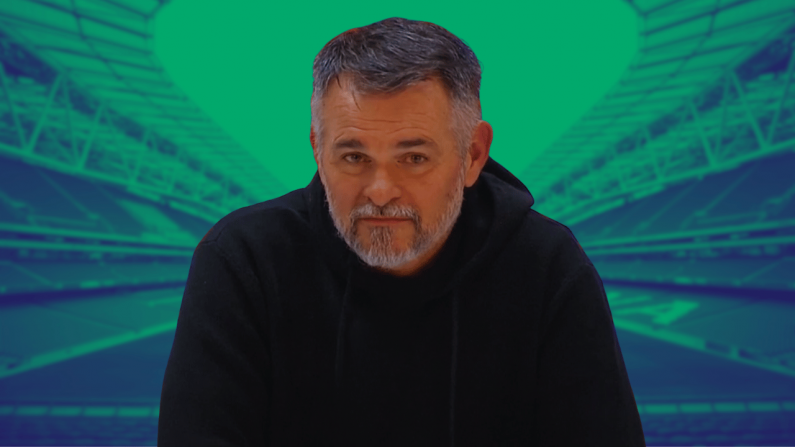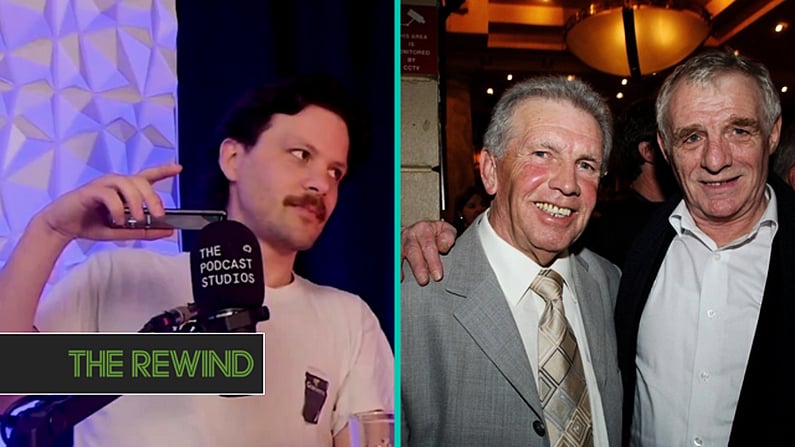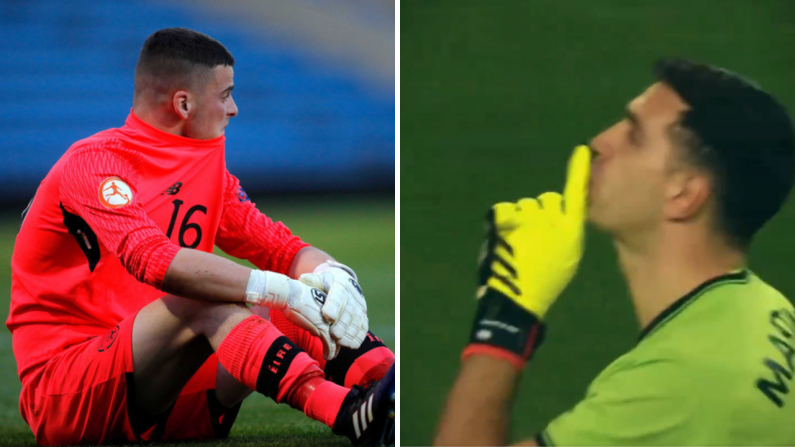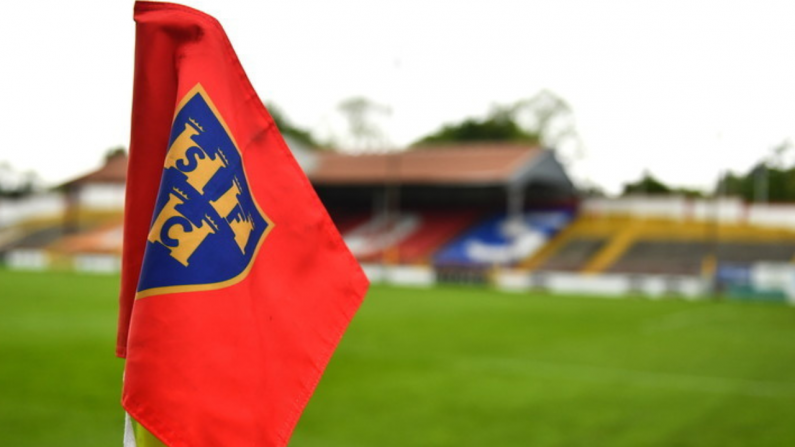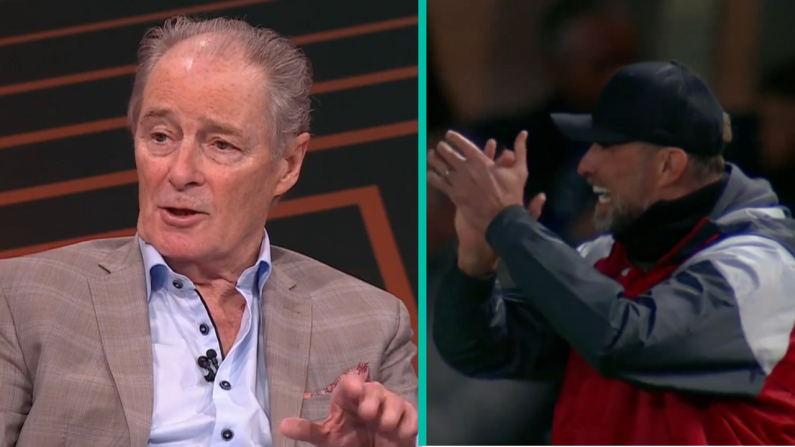American psychologist Joseph Jastrow sat down in 1899 and decided he would visually represent the idiosyncratic human ability to have entirely different perceptions of the same objective article. Perception, Lastrow argued, is not only what you see, but a mental activity.
That is how he came up with the following optical illusion, rabbit or duck:
Rabbit:
From the moment Sergio Aguero regained the ball off Balotelli, fired past Paddy Kenny and ignited Martin Tyler's orgasmic roar to Pep Guardiola's legion obliterating the Premier League in an unprecedented fashion, Manchester City’s football expansion has been a fascinating spectacle.
They’ve now peaked to operate as a highly-functional orchestra of consistent penetrating runs and triangle-formations. It is a brand that exists as instinctively functional yet, beautiful.
A symptom of the Messi phenomenon has been a gradual dwindling of available superlatives to describe him. The same compliments get trodden out religiously, to the extent they cheapen the entity. The meaning becomes lessened. A significant contributor to the reduced effect of the word ‘genius’ is the reach for an adjective to describe Messi.
Manchester City are approaching that level. Week-by-week pundits become a little more repetitive, the uber-technical graphics a tad less interesting, the approving columns generally unite in agreement.
Guardiola has brought a new dimension to the Premier League. It’s a team with the obliged likability of a 2011/12 Swansea, 2012/13 Wigan or a 2013/14 Everton yet the ruthlessness of a 2014/15 Chelsea.
They are, as of now, one of the best things to happen to the Premier League in years.
Duck:
2008 was the year Manchester City lost 8-1 to Middlesbrough, signed Rolando Bianchi as their most expensive transfer and became fully owned by Sheikh Mansour. Mansour is a member of the ruling family of Abu Dhabi, and deputy prime minister of the United Arab Emirates. He is also the coordinator of one of the most lamentable intrusions into football the game has seen.
There is a dual-development unfolding at Man City. Human Rights Watch warned as far back as 2013 that the UAE-elite envisioned Manchester City as an image-cleansing tool. Human rights researcher Nicholas McGeehan recently pointed out Mansour's brother, Crown Prince Mohamed bin Zayed Al Nahyan, controls Abu Dhabi, the wealthiest of the seven emirates that constitute UAE.
He's the same man who appeared in this tape, tormenting his former business partner, which ABC news reported on.
In the aftermath, Abu Dhabi courts acquited Al Nahyan and instead convicted American businessman Bassam Nabulsi, who released the tape. Nabulsi, who had fled to America, was found guilty of playing part in a 'blackmail plot.'
Qatar Sports Investments naked attempt to utilise PSG as a instrument of self-promotion has been widely criticised. Qatar will host the 2022 World Cup, their acquisition of that tournament was aided by ambassador and current Man City boss Pep Guardiola.
The issue is only compounded by City Football Group's business strategy. As of today, CFG own a stake in Manchester City FC, New York City FC, Melbourne City NPL, Girona, Yokohama F. Marinos and Club Atlético Torque. The aim is a club on every continent. An example of the power this gives this is Huddersfield Town star player, Aaron Mooy.
Due to the A-league's absence of transfer fees, Mooy moved from Western Sydney Wanderers to Melbourne City FC. Two years later he joined Manchester City. He lasted six days before he was loaned to Huddersfield, who signed him this year for a reported £10 million plus add-ons. That fee was pure profit for the CFG group, who can now utilise the A-League as a glorified academy to bolster Manchester City or failing that, sell off prized assets for guaranteed profit.
**************************************************************************
Herein lies the problem. Manchester City are doing some sublime things as a football team. As a club, they are doing the opposite.
Rarely has the ownership of a football club poised such an obvious problem. Manchester United's Glazers, or Newcastle's Mike Ashley, merely represent capitalism in its worst form in that their priority is exploiting profit. The post-soviet oligarchs are a more similar case, but without any definite evidence of criminality.
Manchester City's football is just another vehicle towards profit for CFG Group, with every on-field success it distracts from what Abu Dhabi really stands for.
Clubs are now corporate institutions who considered supporters as consumers rather than fans. At its uppermost levels, the game is more a business than a sport.
CFG Group merely reflects the gradual escalation of this. The scale does not taper out, it merely extends. This is the conundrum 2017 has repeatedly struggled to deal with; can you love the art but not the artist?
Sport is not a binary experience, and unfortunately for Jastrow, there is not one answer. You are not obliged to refuse Man City based on their ownership, but you should be aware of it. In the bottomless sea of underrepresented narratives, this was a prominent one. This week's coverage has eventually changed that.
Joyful attacking enterprise and callous corporation. Tactical genius and enabler of migrant abuse. Rabbit and duck.


